Join the author, Néstor T. Carbonell, as he shares a critical analysis of the Castro-Communist regime
and explores the challenges and opportunities that will likely arise when freedom finally dawns in Cuba.
CHAPTER 6: I Inside a Doomed Expedition: The | Bay of Pigs (January-April 1961)
Shortly after Kennedy took office, his New Frontier executive team proceeded to reassess the proposed Cuba paramilitary plan. The key players were Robert McNamara, secretary of defense; McGeorge Bundy, national security adviser; Dean Rusk, secretary of state; Chester Bowles, undersecretary of state; Thomas Mann, assistant secretary of state for inter-American affairs; Adolf A. Berle, chief of Department of State Latin American Task Force; and Arthur Schlesinger, special assistant to the president. Kennedy also invited Senator William Fulbright, chairman of the Committee on Foreign Relations, to join the team and express his views at a crucial meeting.
The Interdepartmental Working Group on Cuba that Ambassador Willauer had put together, with State, Defense, CIA, and Joint Chiefs of Staff (JCS) representatives, was disbanded. As a result, there was a break in the continuity of the development of the Cuba paramilitary plan. Willauer was first marginalized and subsequently eased out with no formal notice of termination. As he testified in Senate hearings: «I kept trying to get an appointment [with Secretary of State Rusk]. I tried for thirty days straight. I saw him once in the hall. He said: ‘I am awfully busy. I will see you later.’ I just got a general runaround. The thing that amazed me most was that I was never debriefed.»1
The official records clearly show that Kennedy’s executive team was not sanguine about the covert paramilitary plan. Most of the advisers, particularly Bowles, Mann, and Schlesinger, plus Fulbright, strongly opposed it for moral, legal, and political reasons. They apparently disregarded the possibility of recognizing a Free Cuba provisional government concurrently with the landing of the strike force, which could have legitimized US overt support and paved the way for collective action by the OAS under the Rio Treaty.
Arguing that the operation was out of proportion to the alleged Communist threat, Fulbright said famously that «the Castro regime is a thorn in the flesh, but is not a dagger in the heart.» (The senator had to eat those words the following year, when the Soviet Union established a strategic base in Cuba with a nuclear dagger pointed at the heart of the United States.)
In a memorandum to the president advocating cancellation of the invasion, Schlesinger wrote that the risks of the operation outweighed the risks of abandonment. Carried away by wishful thinking, he mused, «We might… be able to make some diplomatic capital out of the abandonment. We might have [Ambassador] Thompson say to Khrushchev, for example, that we have discouraged an invasion of Cuba; that this shows our genuine desire to compose differences; that K. should tell his friend [Castro] to behave.»2 It’s hard to imagine how this transparent ploy would have induced the hard-boiled comrades Khrushchev and Castro to «behave.»
When the momentum in Washington finally tilted toward a downsized military action against Castro, most of the Kennedy advisers who had been against it withheld their opposition and jumped on the bandwagon. But they seemed more interested in protecting the president politically in case of failure than in bolstering the operation militarily to ensure success. As reported and endorsed by Schlesinger, Secretary of State Rusk suggested that «someone other than the president make the final decision [to launch the invasion] and to do sojn-feis absence— someone whose head can later be placed on the block if things go terribly wrong.»3 Not precisely the kind of leadership that the president extolled in his book Profiles in Courage.
I KENNEDY’S MOMENT OF TRUTH
Kennedy’s eloquent inaugural address—masterly delivered on a cold, blustery day in January—positioned him as a gallant and unflinching leader of the free world, prepared to «pay any price, bear any burden,… oppose any foe to [en]sure the survival and success of liberty.»
In an oblique warning to both Castro and the Soviet Union, he postulated, «Let all our neighbors know that we shall join with them to oppose aggression or subversion anywhere in the Americas. … And let every other power know that this hemisphere intends to remain the master of its own destiny.» The words were just right to rally the allies and forewarn the foes. The big question: Would the president’s actions match his stirring rhetoric?
Having barely settled down in the White House, Kennedy had to face his moment of truth on Cuba. The issue was too compelling to be shrugged off or held in abeyance. It required a prompt and clear-eyed decision on whether to proceed with the plans to topple the Castro regime and, if so, under what conditions.
The president had been briefed three times on Cuba (twice during the presidential campaign). But then he didn’t own the issue and could exploit it, as he unabashedly did to his advantage, pummeling Nixon for being «soft» on communism in Cuba. Now, however, he was in the driver’s seat. The issue was his—to resolve or to botch.
Troves of declassified documents and personal records point to a dithering president with no executive or international experience who was not sold on the covert plan to overthrow the Castro regime. But instead of canceling it altogether, given his concerns and doubts, he micromanaged and eviscerated the risky operation and doomed it to failure with not enough pushback from the CIA and the Joint Chiefs of Staff.
Following is an unvarnished recount of the ill-advised decisions that led to the disaster of the Bay of Pigs and its portentous consequences:
February 8—a Preview of the I Operation at the White House
The meeting with the president opened with a brief overview by Richard Bissell of the CIA’s proposed plan for launching an expeditionary force against Castro with the Cuban troops trained in Guatemala. He reported that after careful evaluation, the Joint Chiefs of Staff believed that the plan had «a fair chance of success.» By success they meant ability to survive, hold ground, and attract growing support from Cubans. At worst, the invaders would fight their way to the nearby mountains and go into guerrilla action (even though most of them had not been trained for guerrilla warfare).
The president pressed for alternatives to a full-fledged «invasion» supported by planes, ships, and supplies provided by the United States. He envisaged «a force that would land gradually and quietly and make its first major military efforts from the mountains.» The CIA expressed reservations about a quiet, piecemeal operation but agreed that the matter should be carefully studied.
The president also intruded in the restructuring of the Front, which was being enlarged and subsumed by the newly formed Cuban Revolutionary Council. The White House’s position was that the council should have a «strong left-of-center balance.»»
March 11—Presentation to Kennedy | of the Trinidad Plan
The option recommended by the CIA and the JCS to the president was an amphibious-airborne assault carried out by the Cuban brigade trained in Guatemala (close to fourteen hundred strong) with concurrent (but no prior) tactical air support. The brigade^was to seize a beachhead in the south central part of Cuba near the town of Trinidad. This was an optimal location that had access to a port (Casilda) and an airfield, and was close to the Escambray Mountains, where anti-Castro guerrillas were valiantly resisting the regime’s onslaught.
The leaders of the Cuban Revolutionary Council in Miami would land as soon as the beachhead had been secured and establish a Free Cuba provisional government-in-arms. If initial operations were successful and if there was evidence of rebellion against the Castro regime, the provisional government could be recognized and a legal basis provided for US logistics support.
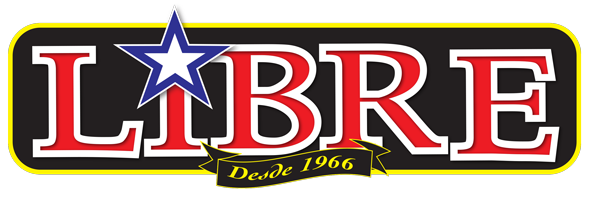
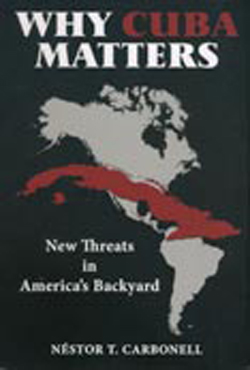

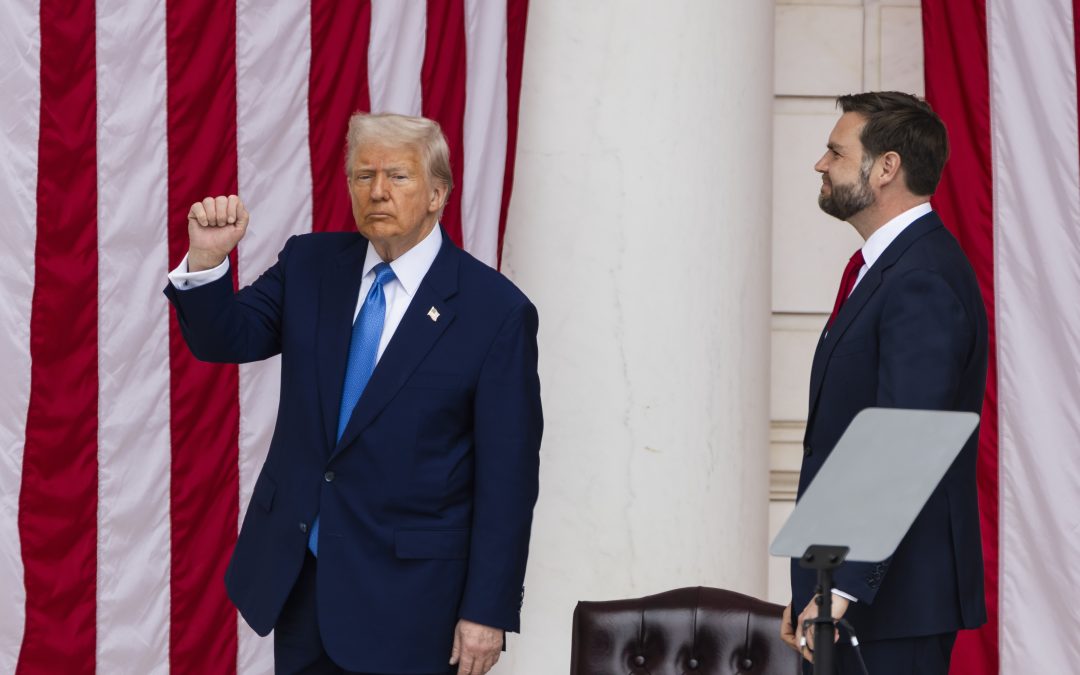
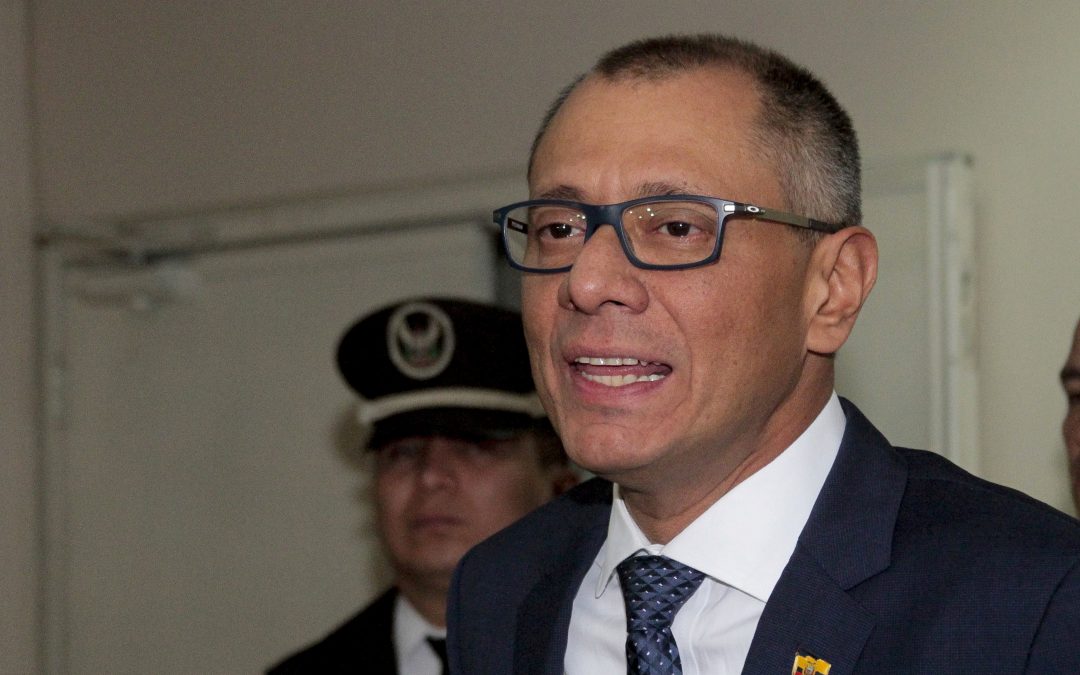
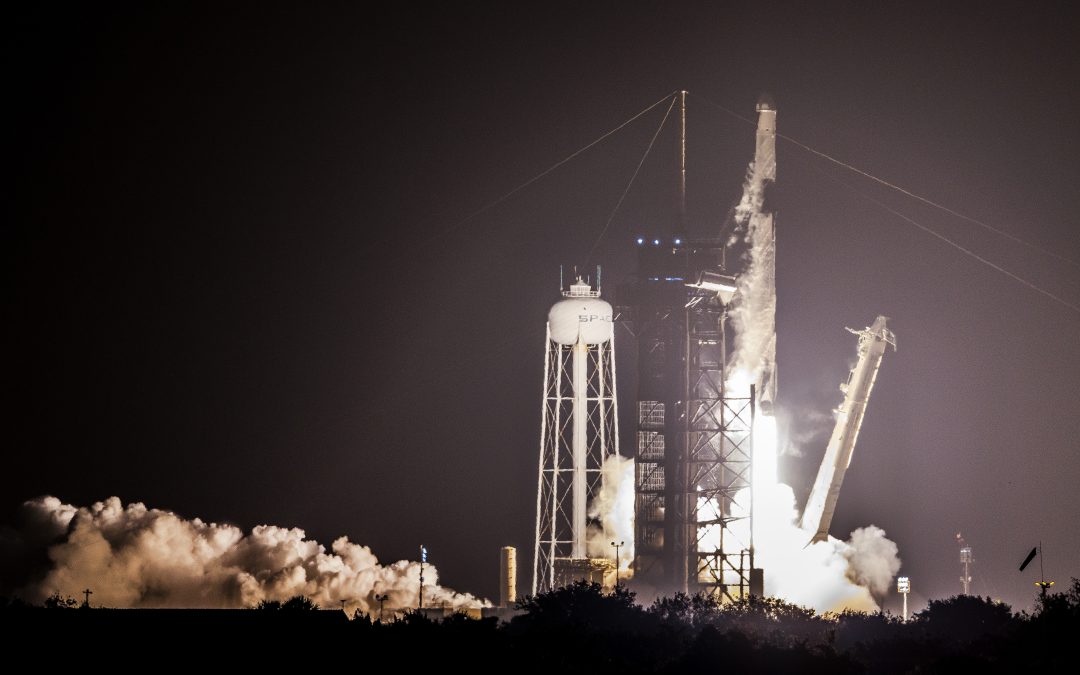
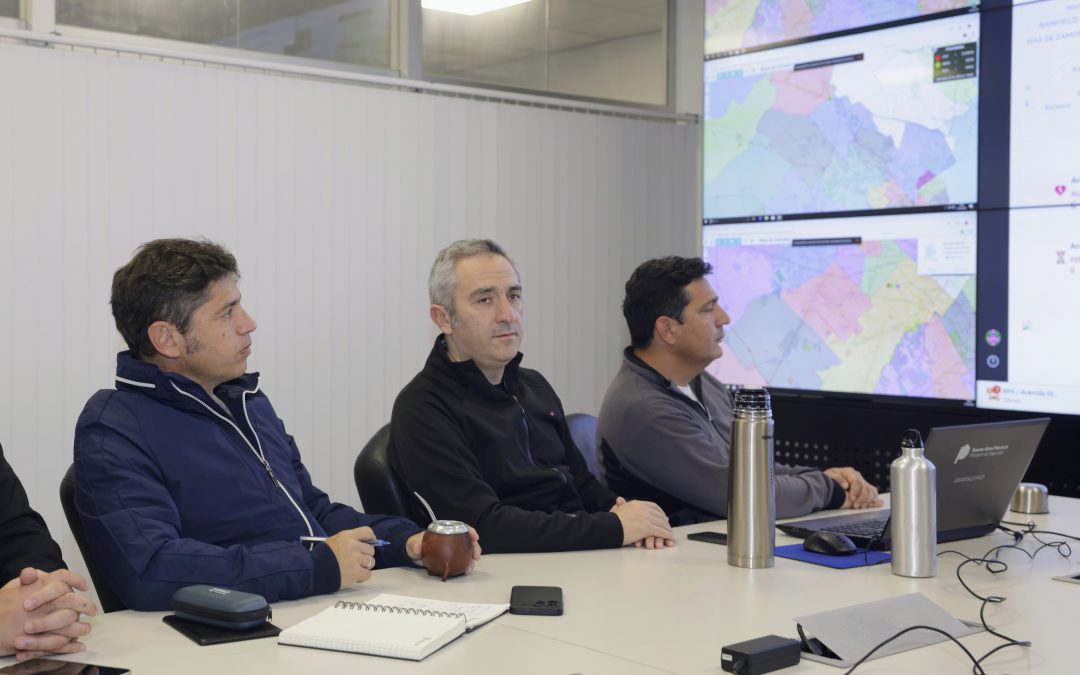
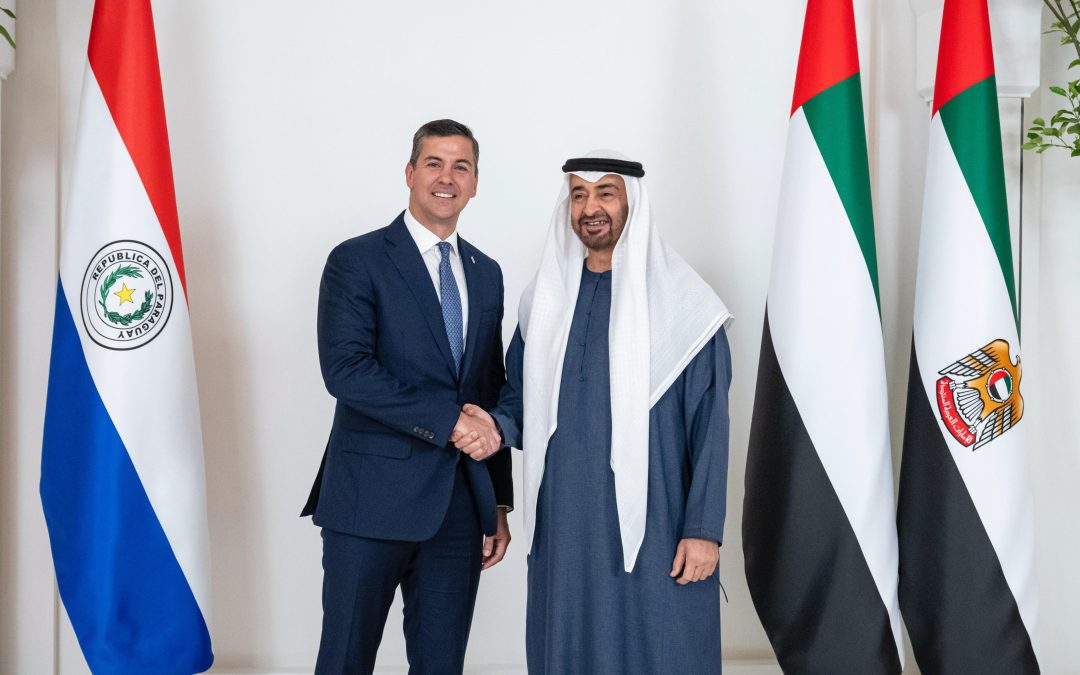



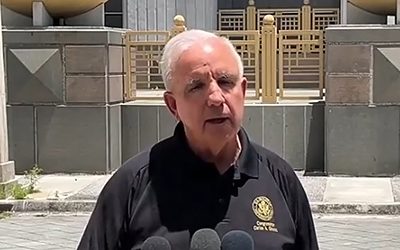

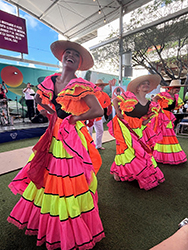
0 comentarios